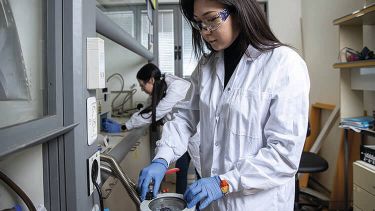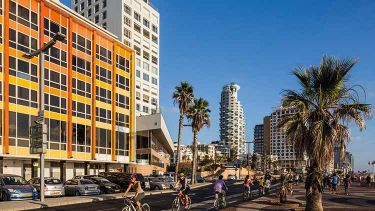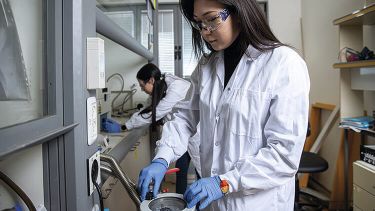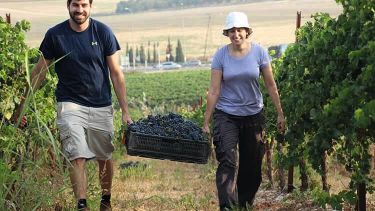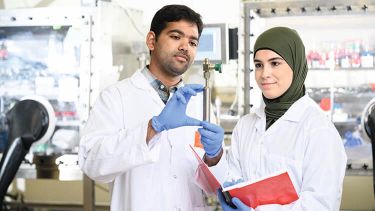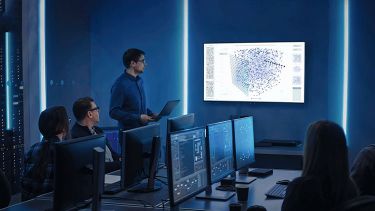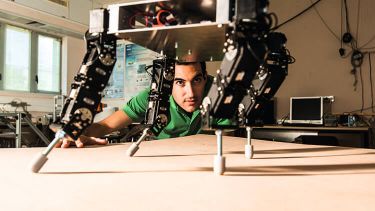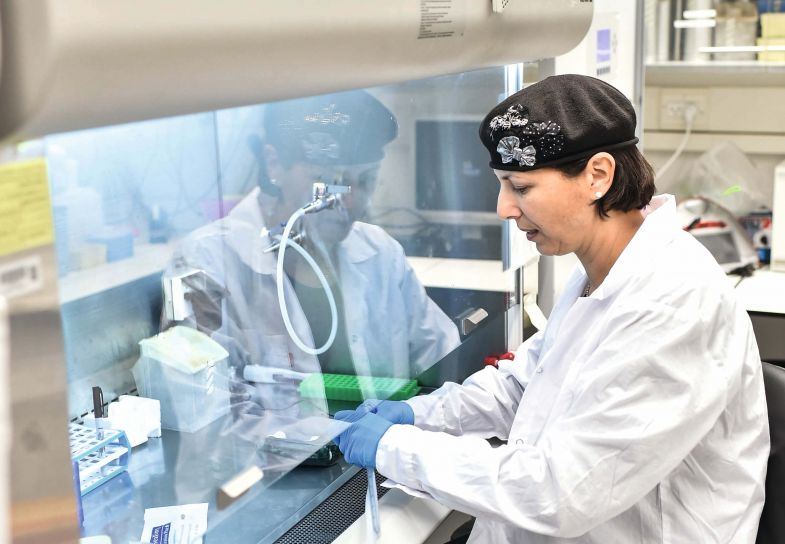
Over the past two decades, Professor Levenberg has been blazing a trail with her research into tissue engineering and stem cells, from facial reconstruction to cell-grown meat
Lab-grown tissues are something more and more scientists are focusing on. It’s a field of great relevance: when natural tissues in the body fail or need replacing, lab-grown ones can help provide a solution and, in extreme cases, even save lives. Prof Shulamit Levenberg, dean of Technion’s Faculty of Biomedical Engineering, is a trailblazer in this particular area of research.
Over the past two decades, her work has led to a range of important breakthroughs, which in turn have laid the foundation for the production of engineered vascularized cardiac muscle tissue and pancreatic islet constructs. Among several honors, Prof Levenberg has received the Krill Prize for excellence in scientific research and the Rappaport Prize for Excellence in the Field of Biomedical Research. In 2006, she was also nominated Research Leader in Tissue Engineering by the magazine Scientific American, in recognition of her contributions to the vascularization of engineered tissues.
How to grow tissues in a lab
Prof Levenberg is also head of the recently founded 3D Bioprinting Center for Cell and Biomaterial Printing. At the Faculty of Biomedical Engineering’s Levenberg Lab, Stem Cell and Tissue Engineering Laboratory, members from a variety of disciplines combine their knowledge of cellular biology, tissue engineering and mechanical engineering.
Together, they investigate the formation of vascular networks in three-dimensional constructs, which will have implications for the future of cell therapy. Here’s how it works, in a nutshell: with tissue engineering, scientists and researchers grow cells on 3D scaffolds. These cells attach to the scaffold, grow, differentiate and assemble into 3D pieces of tissue. These can then be implemented into the human body, to repair or restore damaged tissues.
The process may seem complex, but the possibilities are far-reaching. In Prof Levenberg’s lab alone, projects have involved bone tissue repair, spinal cord injury regeneration, facial reconstruction and even developing a form of cell-grown meat that would please meat-lovers without sacrificing animals or the environment.
In a project funded by the United States-Israel Binational Science Foundation, Levenberg is also partnering with Prof Christopher Chen, who specializes in biomedical engineering at Boston University’s College of Engineering, to focus on vascular remodeling — an intricate process that plays a major role in the clinical manifestations of cardiovascular diseases.
Meanwhile, as a member of the Technion Interdisciplinary Nanotechnology program, Levenberg continues to combine biology and engineering disciplines in the development of micro-bioreactors designed to support stem cell growth and manipulations.
Teaching and community service
In addition to her groundbreaking work, Prof Levenberg is actively engaged in national and international scientific societies, as well as numerous science-oriented activities. She often gives talks and works to encourage women to join scientific and engineering fields. In recent years, she has also served as a member of the Israel National Bioethics Committee.
Prof Levenberg believes Israel is fertile ground for her particular field of science. “In general, Israeli students are very open-minded. They have lots of courage and very often think outside the box,” she notes. “Students at Technion’s Biomedical Engineering Department are really excellent as both engineers and scientists. This provides them with the best opportunity to
become innovators in medicine and gives them an excellent toolbox for biomedical research.” This provides them with the best opportunity to become innovators in medicine and gives them an excellent toolbox for biomedical research.”
Four Nobel prizes have been awarded to Technion staff members and graduates

